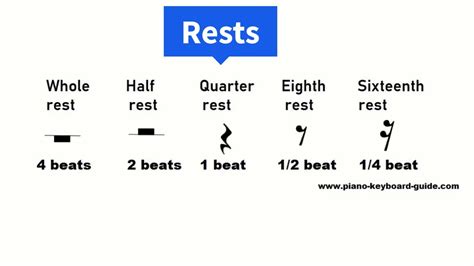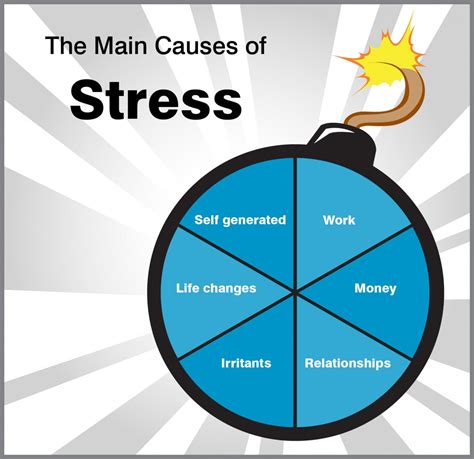Understanding the Importance of Testosterone
Testosterone, often dubbed the primary male sex hormone, plays a pivotal role in more than just reproductive health. It influences muscle mass, bone density, fat distribution, red blood cell production, mood, energy levels, and even cognitive function. As men age, testosterone levels naturally decline, but various lifestyle factors can accelerate this process or keep levels suboptimal. Fortunately, focusing on specific diet and workout strategies can significantly help in naturally boosting T-levels, leading to improved physical and mental well-being.
Before diving into specific recommendations, it’s crucial to understand that a holistic approach yields the best results. There’s no single magic pill, but a combination of consistent effort across diet, exercise, and lifestyle factors can make a substantial difference.

Dietary Strategies for Testosterone Optimization
What you put into your body directly impacts your hormonal balance. A diet rich in whole foods, healthy fats, and essential micronutrients is fundamental for testosterone production.
1. Embrace Healthy Fats
Cholesterol is a precursor to testosterone, and healthy fats provide the necessary building blocks. Don’t shy away from:
- Monounsaturated fats: Found in avocados, olive oil, and nuts.
- Polyunsaturated fats: Omega-3s from fatty fish (salmon, mackerel), flaxseeds, and walnuts.
- Saturated fats (in moderation): From grass-fed red meat, eggs, and coconut oil. These have been shown to support testosterone production.
2. Prioritize Protein and Micronutrients
Adequate protein intake is vital for muscle growth, which in turn supports testosterone. Aim for lean protein sources like chicken, turkey, fish, and lean red meat. Beyond protein, specific vitamins and minerals are critical:
- Zinc: Essential for testosterone synthesis. Found in oysters, red meat, poultry, beans, and nuts.
- Vitamin D: More of a hormone than a vitamin, low levels are linked to lower testosterone. Sunlight exposure is key, as are fatty fish, fortified milk, and eggs.
- Magnesium: Can increase free and total testosterone. Found in leafy greens, nuts, seeds, and whole grains.
- Vitamin K2: Emerging research suggests a role in testosterone production. Found in fermented foods and certain animal products.
3. Limit Processed Foods, Sugar, and Alcohol
Excessive consumption of highly processed foods, sugary drinks, and alcohol can negatively impact testosterone levels. These items can lead to inflammation, insulin resistance, and increased body fat, all of which are detrimental to hormonal health. Focus on whole, unprocessed foods to keep your body in an optimal state for hormone production.

Workout Regimens to Elevate T-Levels
Exercise, particularly certain types, is a potent natural testosterone booster. The key is to challenge your body without overtraining.
1. Focus on Strength Training
Lifting heavy weights, especially compound exercises that engage multiple muscle groups, has been shown to elicit the greatest testosterone response. Incorporate exercises like:
- Squats: Barbell squats, front squats, goblet squats.
- Deadlifts: Conventional, sumo, or Romanian deadlifts.
- Bench Press: Flat, incline, and dumbbell variations.
- Overhead Press: Barbell or dumbbell overhead press.
- Rows: Barbell rows, dumbbell rows, cable rows.
Aim for 3-4 strength training sessions per week, focusing on progressive overload (gradually increasing weight or reps) and lifting weights that challenge you for 6-12 repetitions.
2. Incorporate High-Intensity Interval Training (HIIT)
Short bursts of intense exercise followed by brief recovery periods can also significantly boost testosterone levels. HIIT workouts are time-efficient and highly effective. Examples include sprint intervals, battle ropes, or cycling sprints. Incorporate 1-2 HIIT sessions per week on non-strength training days.

3. Avoid Overtraining and Ensure Adequate Recovery
While exercise is beneficial, excessive training without sufficient rest can lead to increased cortisol (a stress hormone) and decreased testosterone. Listen to your body, schedule rest days, and consider active recovery like walking or light stretching.
Lifestyle Factors for Holistic Support
Beyond diet and exercise, other lifestyle elements play a critical role in maintaining healthy testosterone levels.
1. Prioritize Quality Sleep
Sleep deprivation is a major disruptor of hormone production, including testosterone. Aim for 7-9 hours of high-quality sleep per night. Establish a consistent sleep schedule, create a dark and cool sleeping environment, and limit screen time before bed.

2. Manage Stress Effectively
Chronic stress leads to elevated cortisol levels, which can suppress testosterone production. Incorporate stress-reducing techniques into your daily routine, such as meditation, deep breathing exercises, yoga, spending time in nature, or engaging in hobbies you enjoy.
3. Maintain a Healthy Body Weight
Excess body fat, particularly around the abdomen, can lead to increased estrogen and lower testosterone. Combining a balanced diet with regular exercise is the most effective way to achieve and maintain a healthy body composition.

Conclusion
Boosting T-levels naturally is an achievable goal for many men through a consistent and comprehensive approach. By strategically optimizing your diet with healthy fats, lean proteins, and essential micronutrients, engaging in targeted strength training and HIIT, and prioritizing quality sleep and stress management, you can create an environment within your body conducive to optimal testosterone production. This holistic commitment not only supports hormonal balance but also contributes to enhanced energy, mood, strength, and overall vitality, paving the way for a healthier, more robust you.




